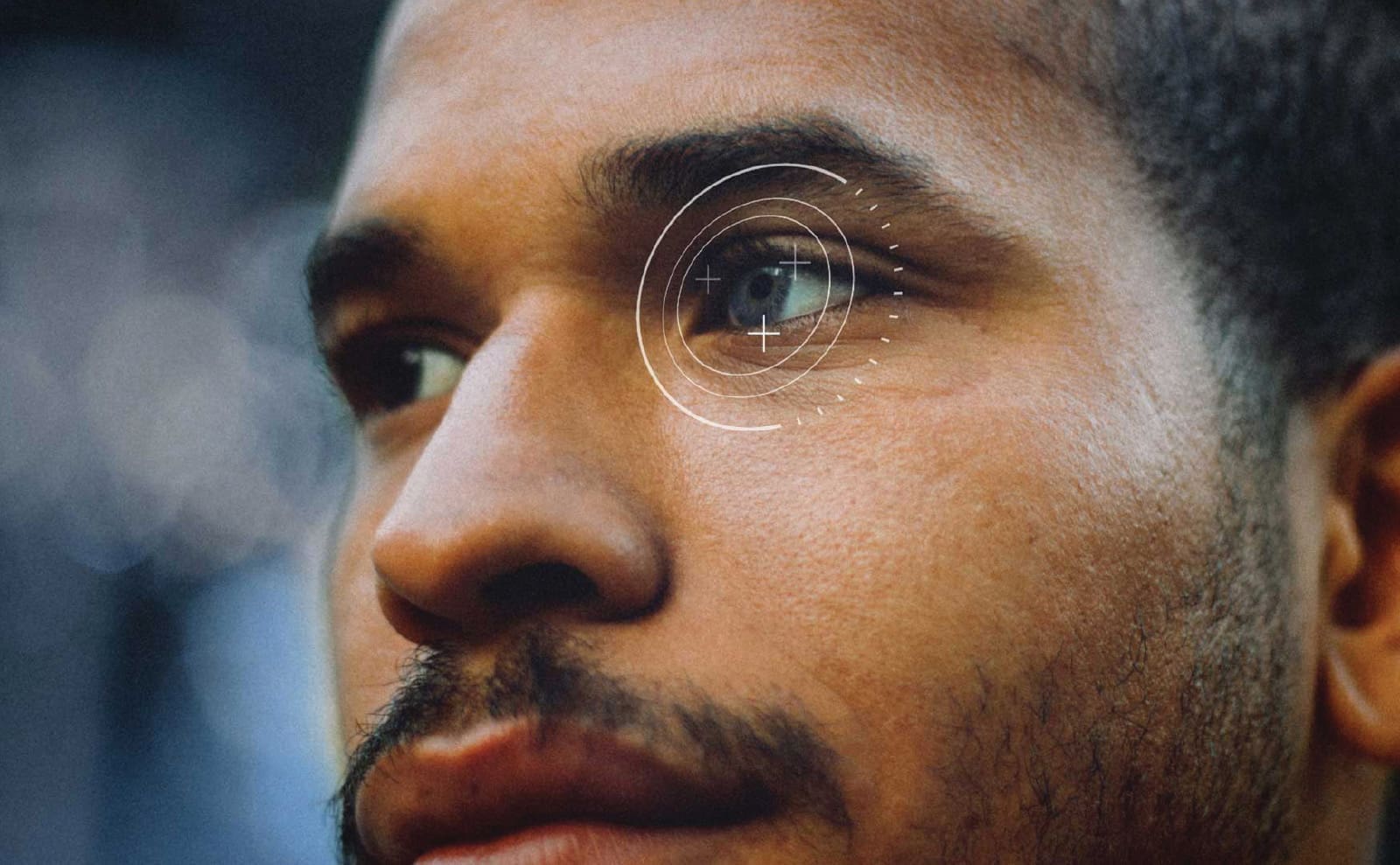12 Startups Changing The Game
New Zealand has a ton of exciting startups and entrepreneurs shaking up their respective industries. Some are at the bleeding edge of tech and organic materials, while others are juicing other businesses with their B2B propositions. Here’s a quick crash course in the kiwis rocking the industry in 2023.
Parrot Analytics
If I was going to ask any of the startups on this list for Netflix recommendations, I would definitely be going to Parrot Analytics for the hot goss. Not only would they be able to tell me what’s trending, but where, and how much it’s worth to brands and agencies. They have the world’s largest audience behaviour data sets and are able to manipulate their artificial intelligence powered platform to develop reports on audience demand, by platform and region. It means media and entertainment companies don’t need to shoot in the dark about what’s performing well and what isn’t across the industry. Their unique insights on the global entertainment scene are invaluable, and major Hollywood studios use the analytics to decide their next play.
As an aside, Parrot Analytics reckons that if Squid Game gets a third season it could be Netflix’s most valuable title. So keep that one tucked away at the back of your mind until about 2026, and then say you totally called it if it comes true.
parrotanalytics.com
Aquila
In our CES feature last issue, we highlighted wireless electricity as being something that would revolutionise our teched up lifestyles, and it turns out we have local talent right here right now working on delivering it. Aquila simply states that they transmit energy with lasers. Transmitters simply aim at receivers integrated into your tech and begin charging them. It’s that simple. This tech could be used to wirelessly charge cars while they’re on the move immediately boosting their range. If it was integrated along state highways or trucking roads, you might never have to stop ever again.
Closer to home it means that you could have a lounge that automatically charges your devices no matter where they are in the room. Allowing tech to be reliant on this technology could mean that bulky AR/VR headsets could be replaced with lighter alternatives that don’t require lithium ion cells strapped to your skull.
Their extremely long range goals include creating a modular network that is able to power electric flight, as well as being solar powered and charging ground fleets at the same time. There’s a lot to do to start down that path and we wish them all the best getting there.
aquila.earth
Kiwifibre
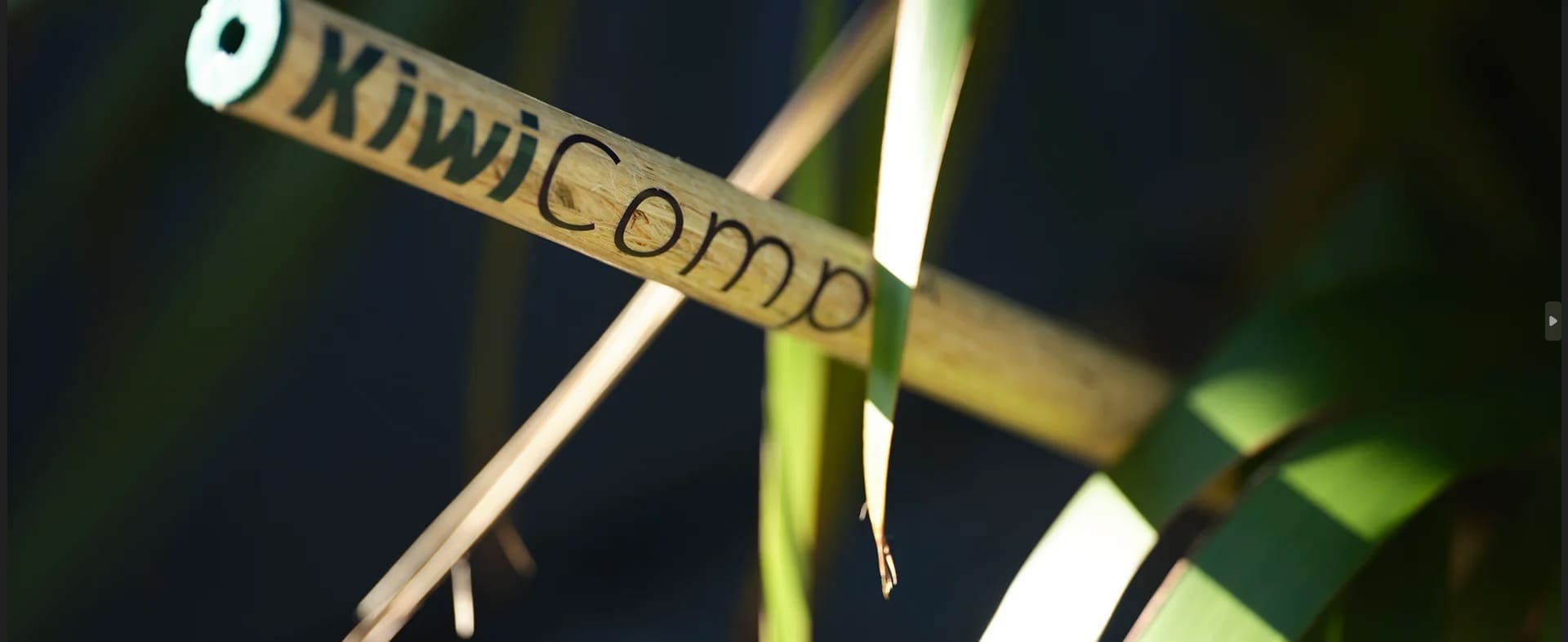
Kiwifibre has developed natural-fibre alternatives to carbon fibre and fibreglass with the overall goal of producing high performance materials that don’t adversely impact this little planet we call home.
Working primarily with Harakeke (flax) they’ve already had stratospheric success. By that I literally mean their material has already been used on high-altitude payloads. The benefits are that it’s radio transparent, so it’s not blocking any important signals beaming out of it; it’s lightweight, making it easier to get up there in the first place; and shatter resistant with a high tensile strength.
kiwifibre.com
Yabble
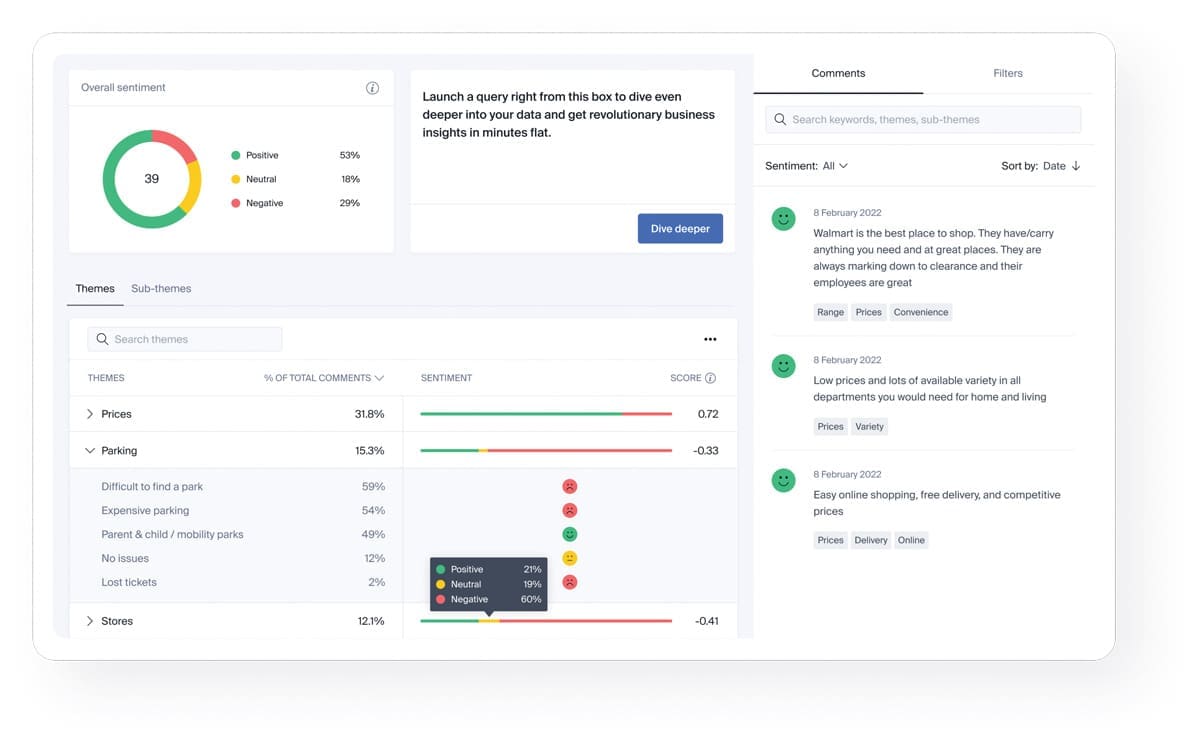
Long before Chat-GPT made GPT-3 a household name, Yabble was already integrating it into their tech, allowing people to query and create insights about their businesses vast quantity of text dumps. Humans are messy, we aren’t going to put everything into tidy spreadsheets or remember every instance a document has mentioned the word “lawsuit”.
Essentially, Yabble gives you the tools to quickly break down and query your piles of unstructured data into digestible tidbits. Anybody can use it with ease, simply ask it normally and it’ll quickly spit you back the data you were after in a human friendly format. It also allows you to quickly summarise everything, which is a godsend to office meetings. Yabble has successfully gotten ahead of the market for AI powered Insights tools.
yabble.com
Firmsy
After scaling her own law firm, CEO of Firmsy, Claudia King decided that there was a critical space left open for supporting growing firms. After launching in 2017, Firmsy has already been able to help hundreds of firms achieve sustainable growth. The toolkit includes workshops with customised end-to-end digital legal solutions which integrate seamlessly with their firm’s websites. Firmsy targets this digital first approach as 70% of consumers are already more comfortable interacting and getting law help digitally if the tools are available. If I could Uber Eats a lawyer, that’d be great!
The tools they’re developing promise to help attract new clients at scale, improve operational efficiencies across the board and add uncapped passive revenue streams. Also, they mitigate any human error, always good in an industry literally as litigious as the law. If you’re spinning up your own firm, perhaps it’s worth checking out.
firmsy.com
Upstock

Not willing to rest on their laurels, the team behind Xero have struck out and started their next B2B venture dubbed Upstock. If you’re in the foodservice business, you may already be well aware of Upstock as it’s currently serving over 12,000 venues. The appeal is that it makes stocking up a breeze.
Rather than blasting out dozens of emails every day to various wholesalers and suppliers, buyers can just get everything within a couple clicks via Upstock, sending simple job orders out to all the stockists already hooked into the platform. Stock orders can be saved and simplified further, meaning staff can easily restock (or should I say Upstock?) and know they’re going to be getting all the usual brands in. It simplifies the task completely and leaves business owners to get back to their bread and butter, sometimes literally.
upstock.app
Dennisson

Dennisson is doing some incredibly exciting things. The company is named after Founder & CEO Anvil Serg Banez’s dad, who contracted polio as a baby. The tech they were looking into developing was just supposed to be a means to allow people like his dad greater mobility, but the end result is a material that could revolutionise multiple industries, especially any that uses pneumatics. Think of it, mechanism are bulky, heavy, annoying to produce and maintain. Dennisson has developed what they call “auraflex”, or an artificial muscle platform. It can be made thinner than paper (up to 0.05mm) and able to produce a pulling force equivalent to more than 10,000x its own weight. Layer it up as much as you require and you’ve got yourself some pretty useful assistive material.
Dennisson believes that it can replace traditional mechanical actuators, and do it 10 times cheaper to boot. Potential applications include everything from wearables for augmented reality (like gloves that make you feel like you’re holding something in virtual reality), to Healthcare Mobility Exosuits that assist in walking and moving. Any sort of industry that could do with a little extra strength would benefit. It could even provide an extra 1G to astronauts in Zero-G environments to mitigate muscle atrophy.
The future really is here.
dennisson.tech
Toku Eyes
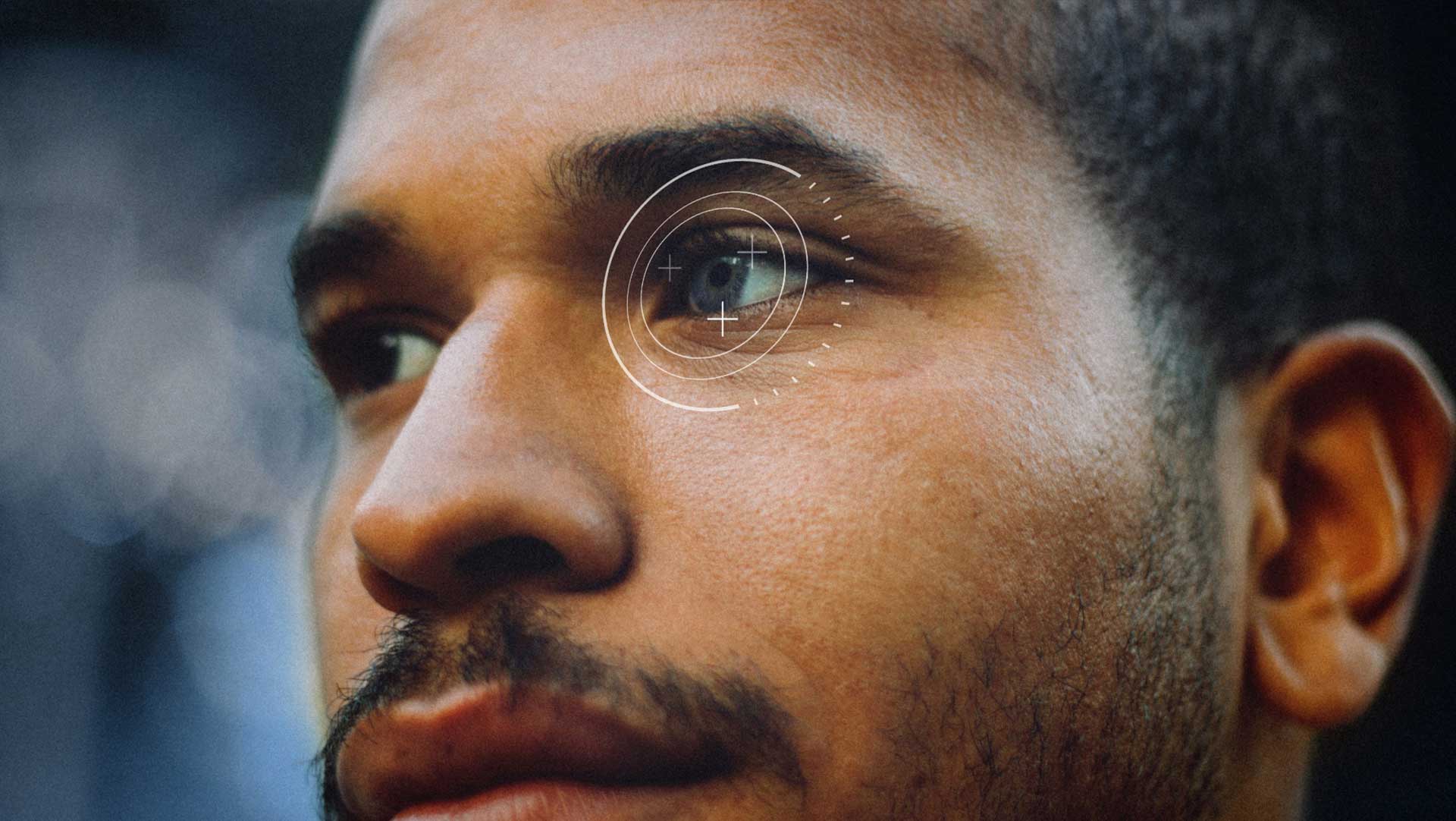
AI has some incredible use cases within the health industry. Toku Eyes has developed a platform that provides instant healthcare diagnostics Via photos and scans of your eyes which creates personalised prognostics and general health risk assessments within just one minute. This important screening which is as just as effective as a human specialist running the tests. This allows them to instead focus on treatment rather than screening.
The tests are tailored to catch a bunch of complicated sounding words, but specifically to catch blindness from diabetic retinopathy before it’s too late. Over 80% of cardiac events and diabetes related blindness is preventable, but people just miss out on getting the tests before it’s too late. Toku Eyes fixes that.
tokueyes.com
Zeil
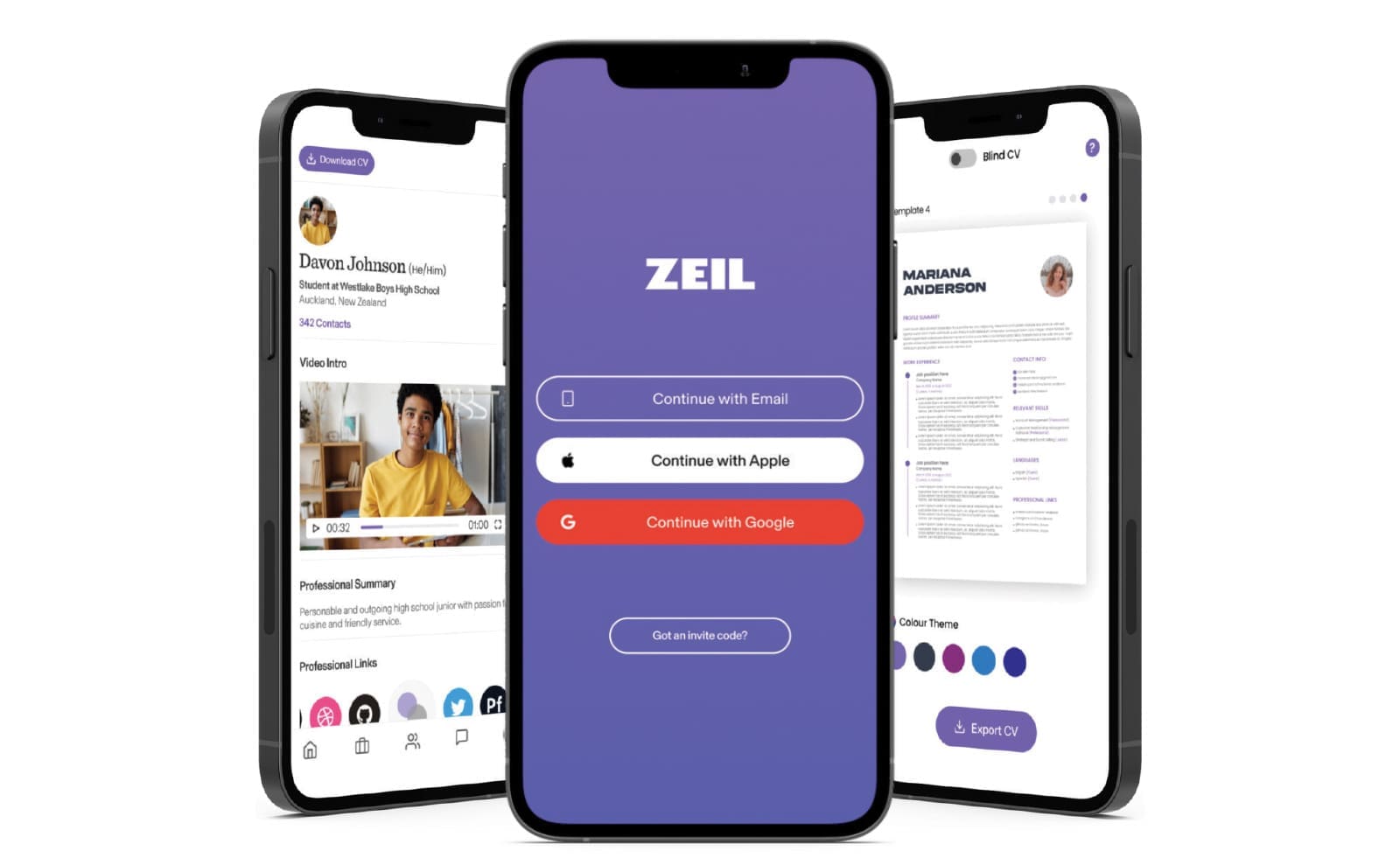
Recently, we went through what has now been dubbed The Great Resignation. According to Employment Hero, 48% of workers planned to switch up their career or job in 2022, and with pay stagnating across the board, I have no doubt that job hoppers are still looking for the next gig to boost their pay packet. I paid $8 for a lettuce the other day and I considered it myself. I need to maintain my current lettuce eating lifestyle. The first thing I’m going to need is a CV. That’s where Zeil comes in.
They pick up all the slack LinkedIn has left lying all over the floor by creating a living CV document with beautiful and professional formatting. It’s easily updatable as you complete new milestones and projects. When you’re ready to hit the streets you simply hit download to create a PDF of your accomplishments and you’re ready to go.
Just don’t write your cover letter with Chat-GPT unless you’re trying to present yourself as human porridge.
zeil.ai
EasyRent
You’d think it’d be difficult to dethrone someone like Airbnb, but by god, the raw energy of EasyRent’s CEO Toby Thomas-Smith might be enough on its own to do it.
EasyRent is a short term rental service that helps monetise properties that are temporarily vacated. It’s free for renters to use, and takes a clip of the ticket from property owners, who can be paid directly through the app. It also handles rental agreements to keep things all in one place. Big name tech investors have already seen the potential and are onboard. It’s gained massive word of mouth traction, so much so that the small team outgrew NZ and up-sticks and left for Australia.

As I write this, Toby is on Instagram saying that they’ve hit massive numbers in Sydney and Melbourne and are now… shutting down Australian operations for the next year and a half as they run off to New York to crack the hugely lucrative market there. I’m not entirely sure why they can’t hire a team to caretake their Kiwi and Aussie operations, but then again I’m sitting here writing this article on the promise that it’ll “look good on my resume” and Toby Thomas-Smith is busy switching off massive cashflows because they aren’t big enough for him.
easyrent.net.au
Carbontrail
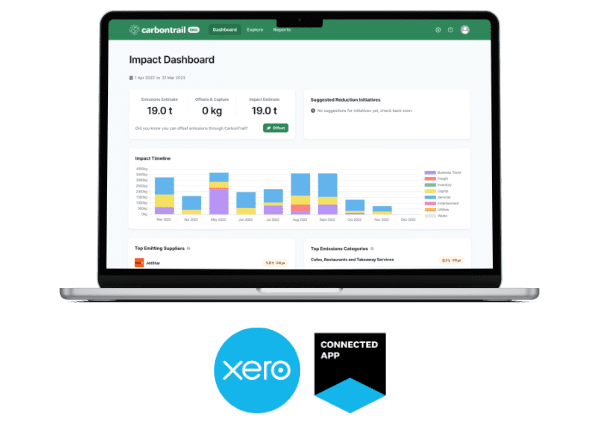
Making too many carbon emissions? No problem we got an app for that. Modern problems require modern solutions, and what gets measured gets managed. Ok yeah that’s enough cliche diarrhoea for one day. CarbonTrail is the quick and easy way to measure your organisation’s carbon footprint, it even hooks into Xero, keeping all your numbers in one place. It uses your Xero transactions to quickly and intelligently total up your emissions, saving you hours of manual data entry.
Using the app over time increases the accuracy using science backed emissions factors coupled with actionable insights to help guide your business’s ESG strategy.
Or if you’re really into non-solutions to climate change, there’s a one click option to buy carbon credits and call it a day.
carbontrail.co
Sahha

There are plenty of health apps out there, as well as chat bots, that like to pester us with questions about how we’re going. But the new generation is here and it doesn’t need to quiz you into exasperation to know when you’re feeling down.
Dunedin-based SAHHA is an API that developers can build on top of to predict mental health with over 80% accuracy. SAHHA uses your everyday phone use to understand when things might be off. That means it passively tracks your habits to figure out when an intervention is required. Doom scrolling Imgur at 5am in the morning? Maybe it’s time to book yourself in.
It leverages 100M+ behavioural data samples and 37,000+ clinical assessments, so it’s somewhat qualified to make a call on your mental health. Plus you control what data is sent away, and what does get sent out is completely encrypted.
sahha.ai

